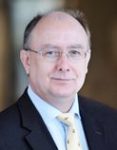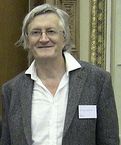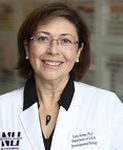
Wieland B. Huttner
Max Planck Institute of Molecular Cell Biology and Genetics
PL-01: Development and evolution of the human neocortex – neural stem cells, human-specific genes, and human-specific protein variants
Thursday, 21 September 2023, 13:50 – 14:35
Prof Wieland Huttner studied medicine in Hamburg and Oxford and obtained his MD from Hamburg University in 1976. His CV thereafter – post-doctorate at the Max Planck Institute for Experimental Medicine and at Yale University, head of a junior research group at the Max Planck Institute of Psychiatry in Munich, German Habilitation in physiological chemistry at Würzburg University (1985), group head at the European Molecular Biology Laboratory Heidelberg, full professor and head of the Institute for Neurobiology Heidelberg University (1991). He is one of the Founding Directors of the Max Planck Institute of Molecular Cell Biology and Genetics in Dresden (since 1998), a Honorary Professor for Neurobiology at the Technische Universität Dresden, and has been the Chair of the Scientific Council of the Max Planck Society from 2009 to 2012.

David Attwell
University College London
PL-02: The roles of glia and pericytes in early Alzheimer’s disease
Friday, 22 September 2023, 12:20 – 13:05
David Attwell did a first degree in physics and a PhD on the electrophysiology of nerve and muscle cells with Julian Jack in Oxford, before spending 2 years in Berkeley studying the retina with Frank Werblin. On returning to the UK, he moved to the Department of Physiology at University College London, where he has remained ever since. He has worked on a wide range of subjects including the properties of glial cells, glutamate transporters, stroke, the formation of myelin by oligodendrocytes, how neuronal computation is powered and the control of cerebral, cardiac and renal blood flow. He was made a Fellow of the Royal Society in 2001, and was a Highly Cited Scientist according to Web of Science (in the top 0.1% of scientists) from 2019-2022. He is also President of the UK Physiological Society.


Dejian Ren
University of Pennsylvania
PL-03: The physiology of Lysosomal Ion Channels
Friday, 22 September 2023, 14:05 – 14:50
Dr. Dejian Ren is Professor of Biology at the University of Pennsylvania. He studied electrical engineering and physics during undergraduate studies at Sichuan University and obtained his Ph.D. in Physiology and Biophysics from SUNY at Buffalo. He trained with Dr. David Clapham at Boston Children’s Hospital/Harvard Medical School for his postdoctoral training. He has discovered and/or pioneered the studies of several classes of ion channels including the NaChBac prokaryotic sodium channel, CatSper sperm calcium channel, NALCN sodium leak channel, TPC lysosomal sodium/calcium channels and the TMEM175 lysosomal potassium channel. His current research focus on neuronal excitability, lysosomal physiology and its contribution to neurodegenerative diseases.

Luisa Iruela-Arispe
Northwestern University, Department of Cell and Developmental Biology
PL-04: Vascular aging and dementia: from molecular changes to physiological alterations
Saturday, 23 September 2023, 12:35 – 13:20
Dr. Luisa Iruela-Arispe is the Stephen Walter Ranson Professor and Chair of Developmental Biology at Northwestern University. Prior to this post she was also faculty at Harvard Medical School in Boston and at UCLA. Her research efforts are rooted on fundamental questions associated with vascular development, regeneration and homeostasis, a body of research that has been captured in more than 200 peer- reviewed publications and recognized by over 30,000 citations.









